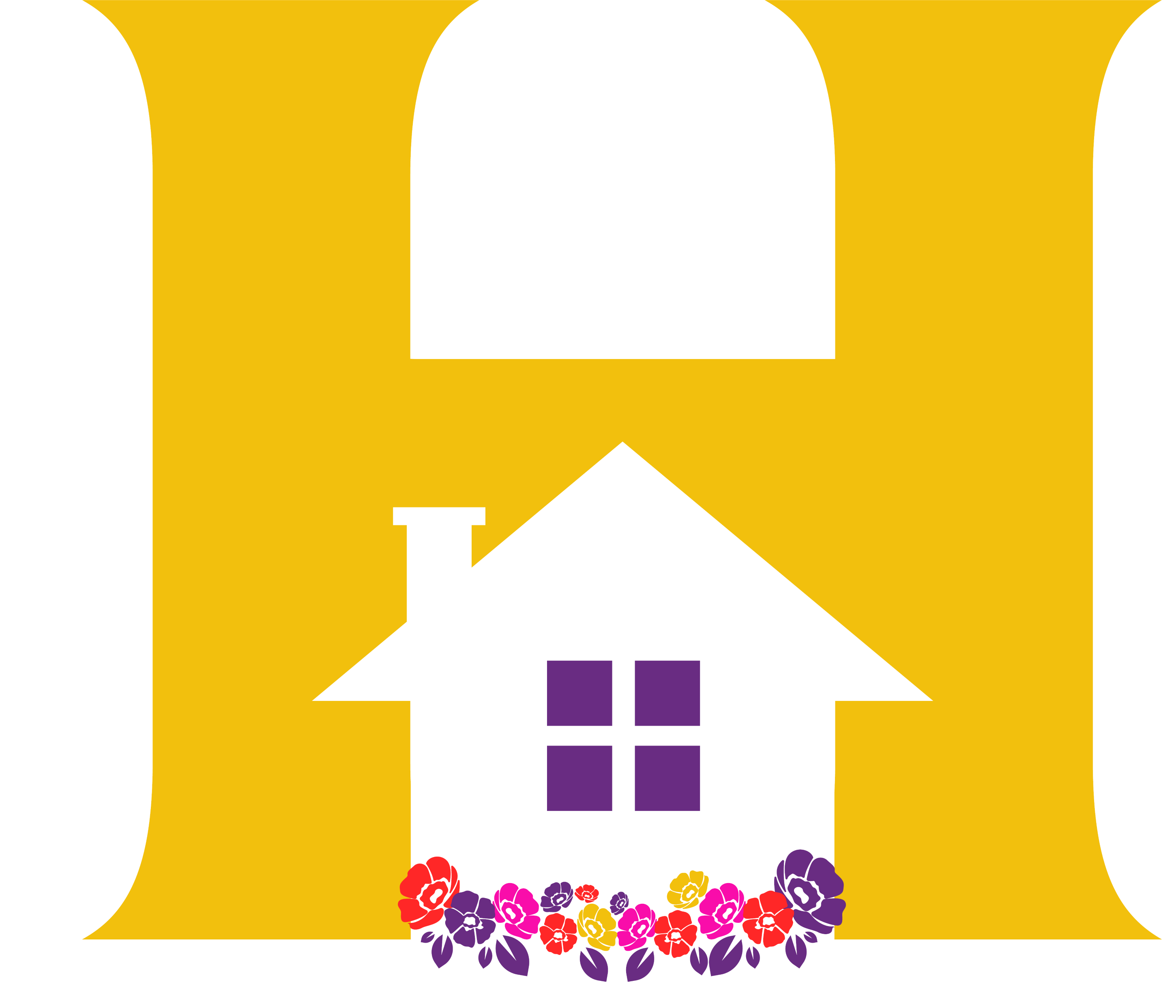Domestic violence is defined by Oxford Languages as “violent or aggressive behavior within the home, typically involving the violent abuse of a spouse or partner”. Usually, when we think of domestic violence, we think of someone physically abusing someone with less power. However, it takes many different forms. Here is a Safe Harbor article explaining domestic conflict in greater detail. This is a very real problem in our world. In fact, due to COVID-19, the rates of this kind of violence have gone up significantly. This article explains this phenomenon and provides resources for victims and bystanders of domestic violence.
What’s going on?
As countries across the world have gone into lockdown, we have seen an increase in domestic violence rates globally. Police forces are reporting higher rates of domestic violence all across the world. They are receiving an increase of calls about this kind of violence, and have filed more restraining orders as a result of this. Hotlines globally are getting more calls and texts. Doctors and nurses in hospitals and emergency rooms are seeing an increase of X-Rays that point to domestic conflict.
Why domestic violence rates are going up
There are several reasons why these rates seems to be going up as a result of COVID-19. People who usually are able to leave their homes during the day to attend school or go to work are no longer getting to leave daily. This means they may be forced to spend more time with their abusers. COVID-19 has also brought more stress and worry into everyone’s lives, and for some people, they may be taking it out on their family members and partners in the form of domestic violence.
The situation that COVID-19 has created is a unique one. People who want to move away from their abusers may have nowhere else to go right now for a variety of reasons: they may not be able to find a new living situation, as it is harder to move during a pandemic. Folks may also feel as though they are not safe in their homes, but not safe outside their homes either where they are exposed to the virus.
Effects of Domestic Violence
This kind of conflict has many negative effects, both long term, and short term. While one might expect a victim to have physical effects, such as bruises, broken bones, or internal damage. But there are other effects that can be just as harmful, if not more harmful, for a victim. Some psychological effects include PTSD, depression, anxiety, low self-esteem, suicidal thoughts or attempts, and alcohol and drug abuse. But there are also emotional and spiritual effects too, such as feelings of hopelessness, unworthiness, apprehensiveness, and inability to trust, as well as questioning and doubting spiritual faith. Some lesser-known physical effects include involuntary shaking, changes in eating and sleeping patterns, sexual dysfunction, and menstrual cycle or fertility issues in women. Many children who are victims also begin to have academic problems and may exhibit signs of fearfulness.
Resources
If you or someone you know is a victim, know that you can get help. There are hotlines and safe houses, such as Safe Harbor International Ministries in Georgia, USA. Here is their site for resources in Georgia.
For victims:
- National Domestic Violence Hotline: call 1-800-799-7233
- If you cannot speak safely you can log into thehotline.org or text LOVEIS to 1-866-331-9474
- Visit this page for more resources.
If someone you know is a victim:
- Listen to them
- Offer to help them create a safety plan
- Visit this website for more tips
This article explains the signs of domestic violence.
Conclusion
Domestic violence is a very real problem all over the globe, and the current pandemic has indirectly lead to an increase in these cases. There are many negative effects, such as PTSD and a repeated cycle of violence in the future. Domestic violence also causes problems for children who are exposed to this kind of treatment. It is essential that we do what we can to combat this. This Safe Harbor article discusses how we can spread domestic violence awareness, and this course explains more about domestic violence and gives more resources.

Photo by John Benitez on Unsplash
Written by Jackie Ebel, blogger at Safe Harbor International Ministries. For more articles, visit www.safeharborim.com/article/


0 Comments